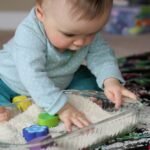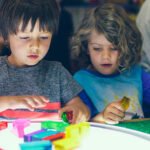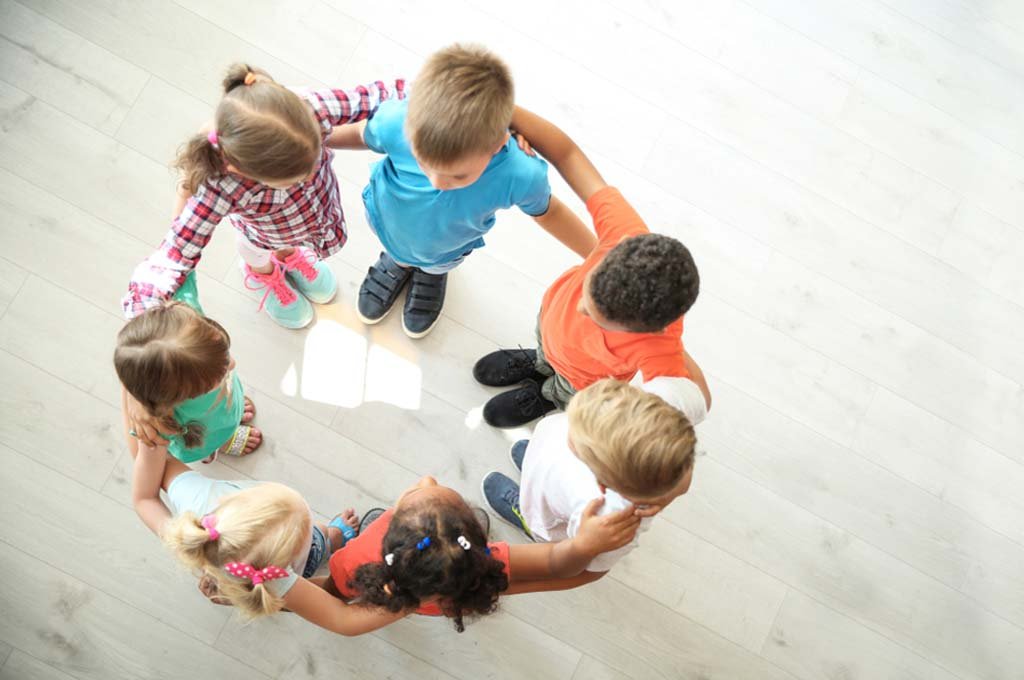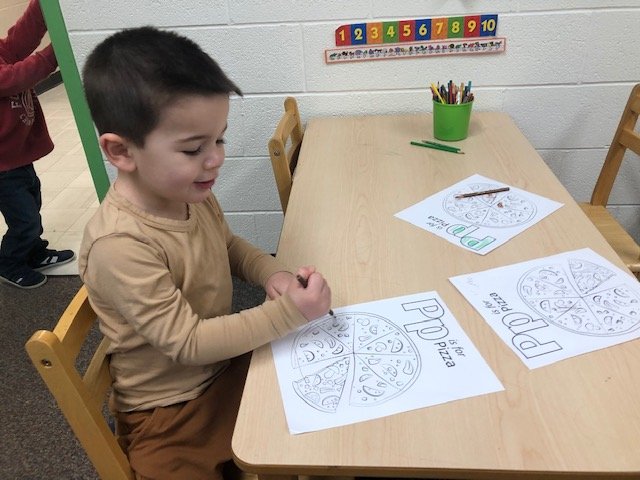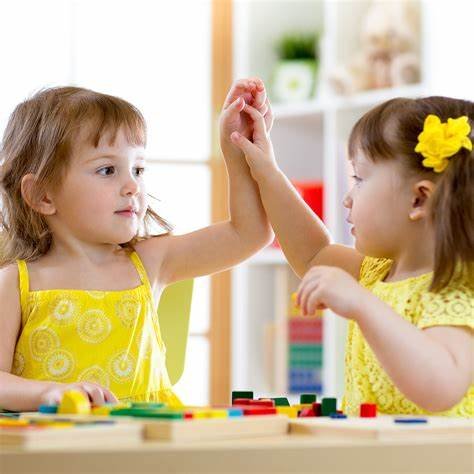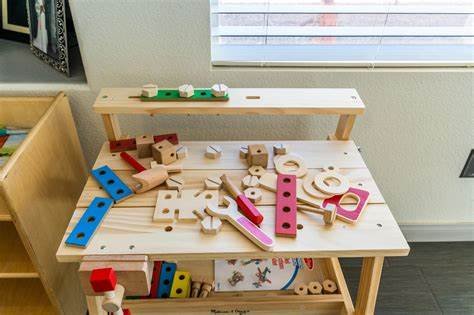Preschool introduces children to social settings where they interact with peers regularly. These interactions help develop basic communication skills.
Children learn to share, take turns, and express themselves. Moreover, engaging with others teaches patience and active listening. These foundational skills are crucial for building meaningful relationships.
Building Friendships
Preschool is where many children form their first friendships. These bonds often begin through shared interests or activities.
As children play together, they develop trust and empathy. Additionally, they learn to navigate disagreements and reconcile differences, further strengthening their connections.
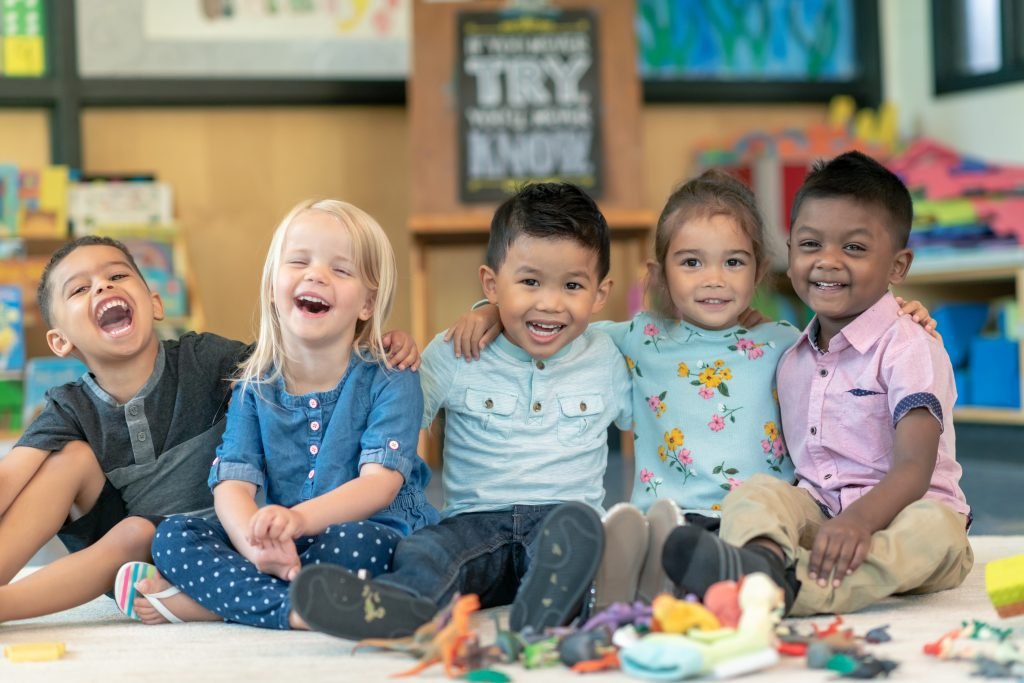
Developing Emotional Intelligence
Socialization helps children recognize and manage their emotions. Through group activities, they learn how to handle frustration or disappointment.
Furthermore, children become more aware of others’ feelings. This emotional awareness fosters compassion and respect, essential for healthy relationships.
Encouraging Teamwork and Cooperation
Preschool activities often involve teamwork, like group games or collaborative projects. These experiences teach children the value of cooperation.
Moreover, working together builds problem-solving skills and mutual respect. Children also understand the importance of roles and responsibilities within a group.
Managing Conflicts
Disagreements are a natural part of socialization. Preschool provides a safe environment for children to learn conflict resolution.
Teachers guide children in expressing their feelings calmly and finding fair solutions. Hence, they develop skills to handle challenges respectfully.
Navigating Peer Pressure
In preschool, children encounter gentle forms of peer influence. They learn to assert their individuality while respecting group dynamics.
These experiences prepare children to handle peer pressure positively as they grow older. Additionally, they build confidence in making their own choices.
Gaining Cultural Awareness
Preschools often include diverse groups of children. Interacting with peers from different backgrounds fosters cultural understanding.
Moreover, children develop appreciation for various traditions and perspectives. This exposure helps them embrace diversity with curiosity and respect.
Strengthening Language and Communication
Frequent interactions with peers enhance language skills. Conversations during playtime expand vocabulary and improve sentence structure.
Furthermore, socializing boosts confidence in expressing ideas and opinions. These skills are valuable for both academic and personal success.
Supporting Independence and Confidence
As children navigate social situations, they gain independence and self-assurance. Participating in group settings without constant parental supervision encourages adaptability.
Additionally, successfully managing social interactions builds self-esteem. Hence, preschool socialization contributes to overall confidence.
Role of Teachers in Socialization
Teachers play a vital role in guiding social development. They create inclusive environments where every child feels valued.
Moreover, educators model positive behaviors like kindness and respect. To add on, they mediate conflicts and encourage teamwork, ensuring a balanced learning experience.
Conclusion
Preschool socialization lays the foundation for essential life skills. Children learn to communicate, collaborate, and resolve conflicts in a supportive setting. Moreover, these experiences foster emotional intelligence, cultural awareness, and confidence. By understanding what to expect, parents can help their children thrive socially during these formative years.




